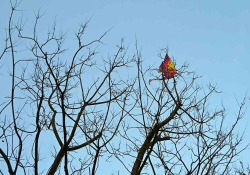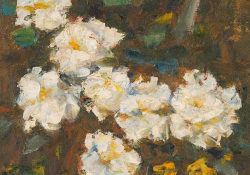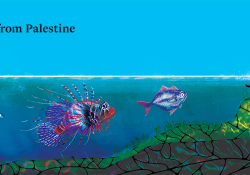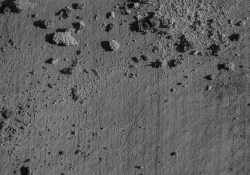Banaras
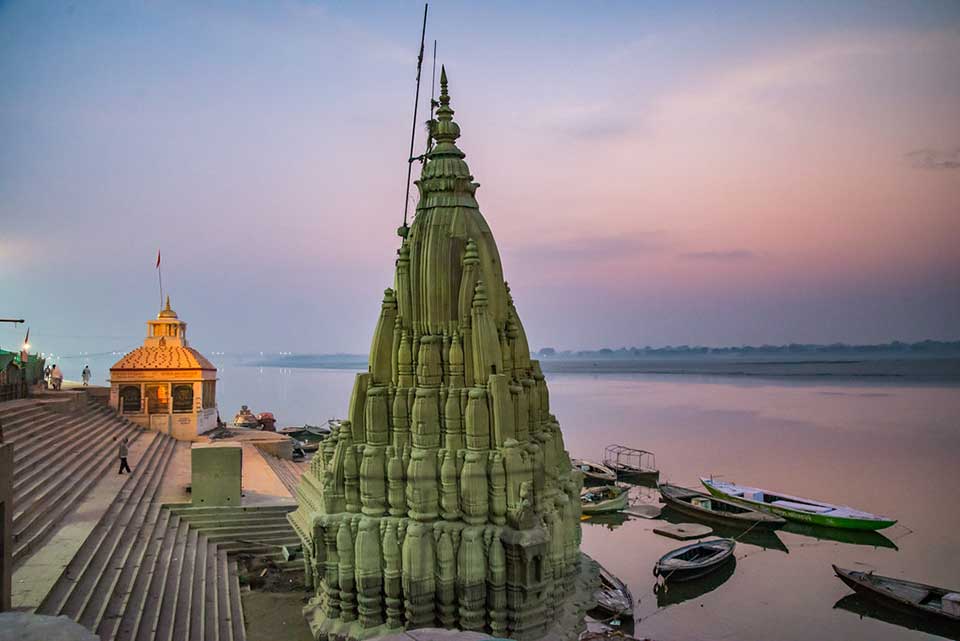
Spring descends on this city
suddenly
and when it does
a whirl of dust rises from Lehartara
or Manduadih
and coats the tongue
of this ancient place.
That which exists quivers with life
while that which doesn’t
sprouts and grows
and at the Dashashwamedh
the last stone on the riverbank
softens even more.
There is a strange glow
in the eyes of the monkeys
crouching on the stairs
and a strange sheen fills
the emptiness of the beggars’ bowls.
Have you ever seen
spring descending on empty bowls!
that is how the city opens
fills up
empties
and day after day
shoulders carry the weight of an eternal corpse
through its dark and winding streets
toward the shimmering Ganges.
Dust kicks up
slowly, so slowly
bells ring
slowly, so slowly
dusk sets in
and people trudge the lanes of the city
slowly, so slowly.
This slowness
this rhythm
binds the city
and for hundreds of years
nothing falls off
nothing shakes
nothing moves
the Ganges remains
the boat stays
tied to a spot
and for hundreds of years
at the same place
the sabot of Tulsidas remains.
If you look at the city
from the riverbank
one evening
by the light of the aarti
it has a strange shape
it is submerged
half in water
half in flowers
half in mantra.
Half in death
half in sleep
half in conch shell.
If you look again
it half remains
and half does not.
What remains
stands on its own
and what does not
stands on columns
of ashes and light
columns of fire
of water
of smoke
of scent
of the raised arms of man.
And for centuries now
praying to the unseen sun
the city has stood
in the water
on one leg
completely oblivious
to the other.
Translation from the Hindi




